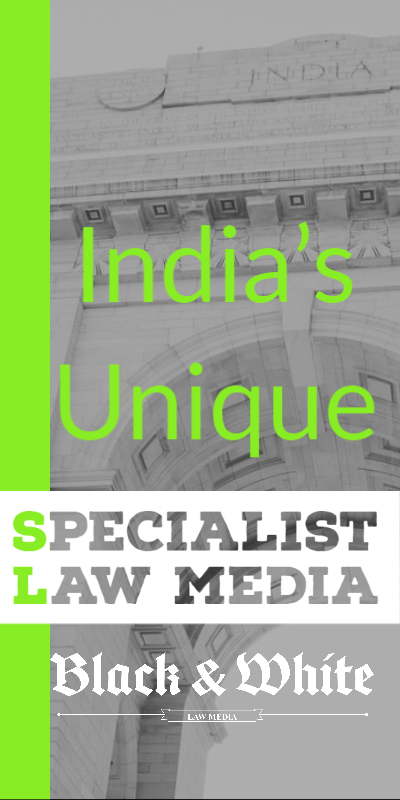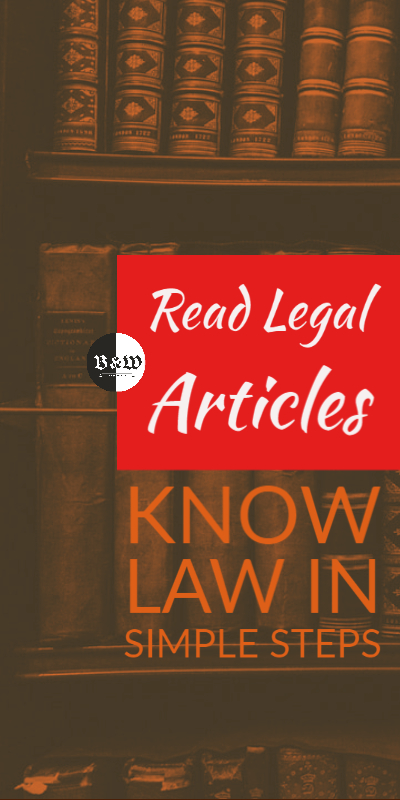Uncovering The Legal Consequences Of Copycat Websites
Customers are being tricked by fake companies that copy or imitate trademarks, use deceptively similar websites, domains and emails, which could lead to a penalty.
CASE DOCUMENTARY ON PHISHING
Case Name: National Association of Software and Service Companies v. Ajay Sood & Others
Citation: 119 (2005) DLT 596.
Court: High Court of Delhi.
Parties: National Association of Software and Service Companies (Plaintiff) v. Ajay Sood & Others (Defendants).
1. Facts
The National Association of Software and Service Companies (NASSCOM) is a non-profit trade association of Indian Information Technology (IT) and Business Process Outsourcing (BPO) industry. NASSCOM filed a suit against Ajay Sood and others alleging that they had created a website called "www.nasscom.co.in" which is deceptively like NASSCOM's official website "www.nasscom.in". The defendants had also created email accounts in the name of NASSCOM officials and were sending emails to various parties to defraud them. The defendants were indulging in phishing activities with the intention of deceiving people and making illegal gains.
NASSCOM filed the suit seeking a permanent injunction restraining the defendants from using the domain name "www.nasscom.co.in", the trademark NASSCOM and any other deceptively similar name, as well as a decree for the transfer of the domain name to NASSCOM. The defendants were also directed to pay a sum of Rs. 2.5 million as damages to NASSCOM for the illegal gains made by them.
Issue:- Whether the defendants' activities of creating a website deceptively similar to NASSCOM's official website, creating email accounts in the name of NASSCOM officials, and sending emails to various parties with the intention of deceiving them and making illegal gains amount to phishing activities? Whether the defendants' actions amount to trademark infringement and passing off? Whether NASSCOM is entitled to a permanent injunction and damages against the defendants?
2. Arguments
NASSCOM contended that the defendants were indulging in phishing activities by creating a website that was deceptively similar to NASSCOM's official website, creating email accounts in the name of NASSCOM officials, and sending emails to various parties with the intention of deceiving them and making illegal gains. NASSCOM argued that the defendants' actions amounted to trademark infringement and passing off, and sought a permanent injunction and damages against the defendants.
The defendants contended that they had not indulged in any illegal activities and that they had a right to use the domain name "www.nasscom.co.in". They argued that the website was not deceptively similar to NASSCOM's official website and that they had not intended to deceive anyone. They also argued that they were not liable to pay any damages to NASSCOM.
3. Judgment
The High Court of Delhi held that the defendants' activities of creating a website deceptively similar to NASSCOM's official website, creating email accounts in the name of NASSCOM officials, and sending emails to various parties with the intention of deceiving them and making illegal gains amounted to phishing activities. The Court further held that the defendants' actions amounted to trademark infringement and passing off. The Court granted a permanent injunction restraining the defendants from using the domain name "www.nasscom.co.in", the trademark NASSCOM, or any other deceptively similar name.
The Court also directed the defendants to transfer the domain name "www.nasscom.co.in" to NASSCOM and pay a sum of Rs. 2.5 million as damages to NASSCOM for the illegal gains made by them. The Court held that the defendants had acted dishonestly and that their actions had caused harm to NASSCOM's reputation





